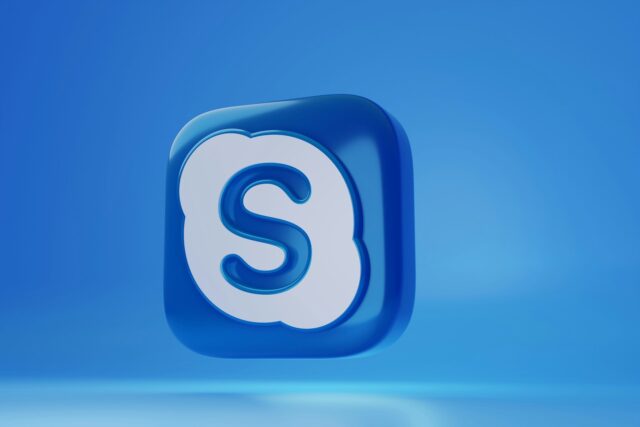Skype, the trailblazing platform that redefined how millions of people connect online, will officially close its doors on May 5, 2025.
Microsoft’s recent announcement marks the end of an iconic chapter in digital communication history as the company shifts its focus to more modern, integrated tools.
For many, this news feels like saying goodbye to an old friend who revolutionized how we stay in touch with loved ones and colleagues worldwide.
Skype
Launched in 2003 by European entrepreneurs Niklas Zennström and Janus Friis, Skype changed the game by introducing Voice over Internet Protocol (VoIP).
It allowed people to make free, high-quality audio and video calls, which felt almost magical then. Its simplicity and reliability quickly won over millions of users, making it a household name.
In 2005, eBay saw Skype’s potential and acquired it for approximately $2.6 billion, envisioning it as a tool to connect buyers and sellers. However, the real turning point came in 2011 when Microsoft purchased Skype for $8.5 billion.
2.6billion,envisioningitasatooltoconnectbuyersandsellers.Buttherealturningpointcamein2011whenMicrosoftboughtSkypefor8.5 billion.
Microsoft aimed to weave Skype into its ecosystem, using its technology to enhance its communication tools. For a while, Skype thrived, becoming a go-to platform for everything from family catch-ups to business meetings.

Microsoft Teams Steps Into the Spotlight
In 2017, Microsoft introduced Teams, a platform designed to be an all-in-one collaboration hub for businesses.
Teams combined chat, video calls, file sharing, and seamless integration with Microsoft Office tools. When the COVID-19 pandemic hit, Teams became a lifeline for remote work, skyrocketing in popularity as businesses worldwide embraced its robust features.
Unlike Skype, Teams was built for the modern workplace, offering deeper integrations and tools tailored for collaboration. As Teams grew, Skype began to fade into the background, struggling to keep up with users’ changing demands.
Despite Microsoft’s efforts to keep Skype relevant with updates and new features, it faced stiff competition from newer platforms like Zoom, Slack, Google Meet, and WhatsApp.
These platforms offered sleek interfaces, better integrations, and features catering to personal and professional needs. Skype, focusing primarily on voice and video calls, started to feel outdated in a world where users wanted more.
Over time, Skype’s user base dwindled over time as people migrated to platforms offering more comprehensive solutions. Its standalone nature, once a strength, became a liability in an era of interconnected digital ecosystems.
Microsoft’s Decision and the Transition Plan
On February 28, 2025, Microsoft announced Skype’s retirement, with Jeff Teper, President of Collaborative Apps and Platforms, leading the announcement.

Teper explained that Microsoft Teams (free) would now serve as the primary communication tool, offering enhanced features, better performance, and deeper integration with other Microsoft services.
To make the transition smoother, Microsoft has rolled out tools to help Skype users migrate their accounts to Teams.
Users can keep their contacts, chat history, and login details, ensuring a seamless switch. Microsoft has also provided step-by-step guides, video tutorials, and dedicated support to help users navigate the change.
For many, Skype’s shutdown is bittersweet. It’s hard not to feel nostalgic about the platform that connected us with faraway family members, helped us ace job interviews, and even hosted virtual celebrations during tough times.
Skype was more than just an app; it was a pioneer that brought people closer when distance seemed insurmountable.
But this shift also reflects the evolving nature of technology. Today’s users demand more than just video calls; they want platforms that handle everything from team collaboration to document sharing and scheduling. Microsoft Teams promises to deliver on those needs, offering a richer, more integrated experience.
Skype’s retirement reminds us of how quickly technology evolves. What was once groundbreaking can become obsolete as newer, more advanced tools emerge. While Skype’s departure may feel like the end of an era, it also opens the door to new possibilities.
For users and businesses, the key is to embrace change and explore the potential of modern platforms like Teams.
As we bid farewell to Skype, we can appreciate its role in shaping the way we communicate and look forward to the innovations that lie ahead. After all, in the world of technology, the end of one chapter is often the beginning of another.










